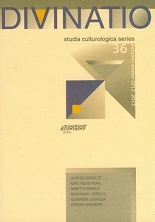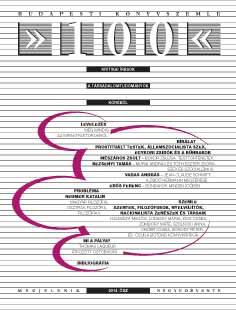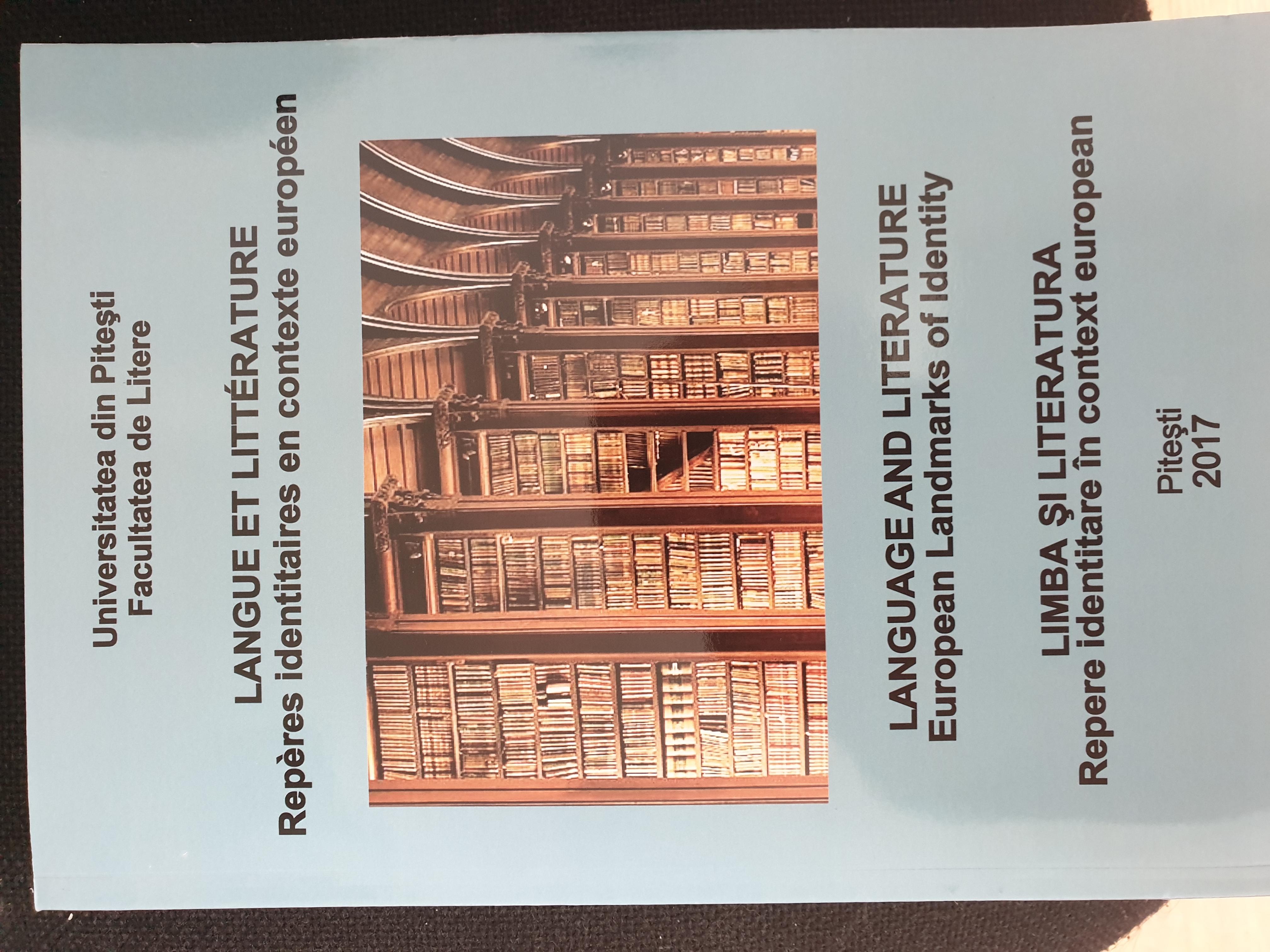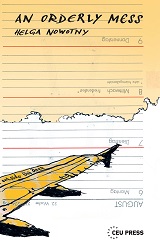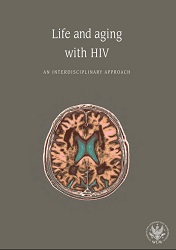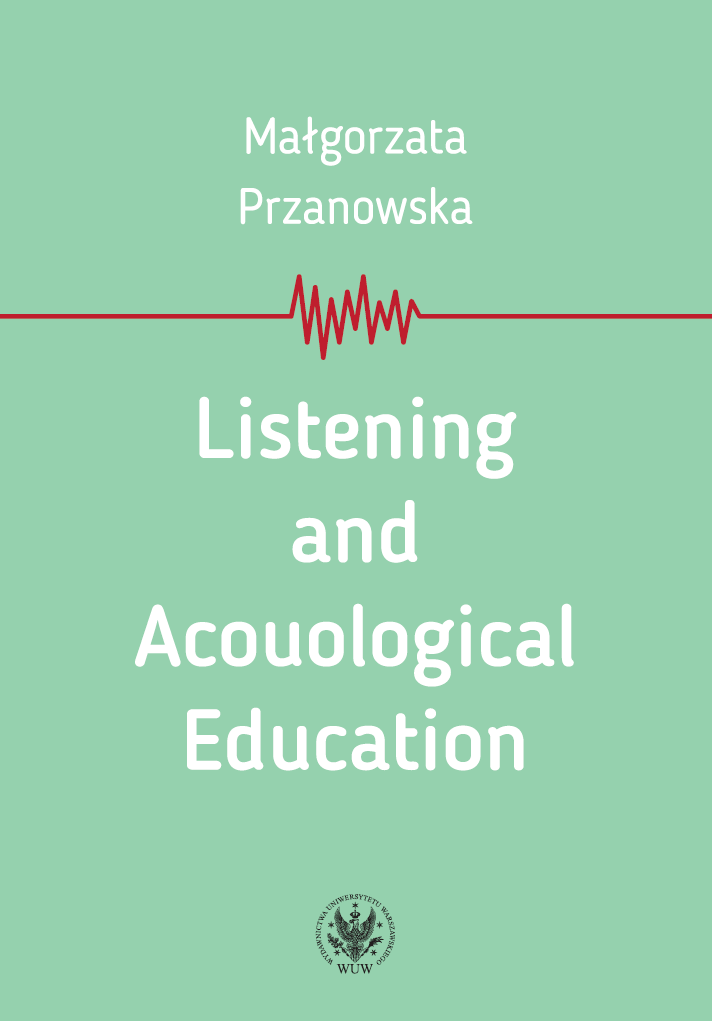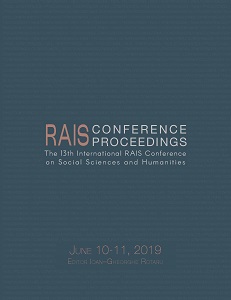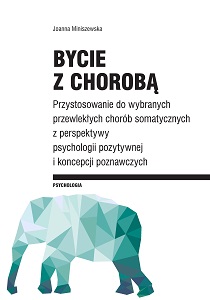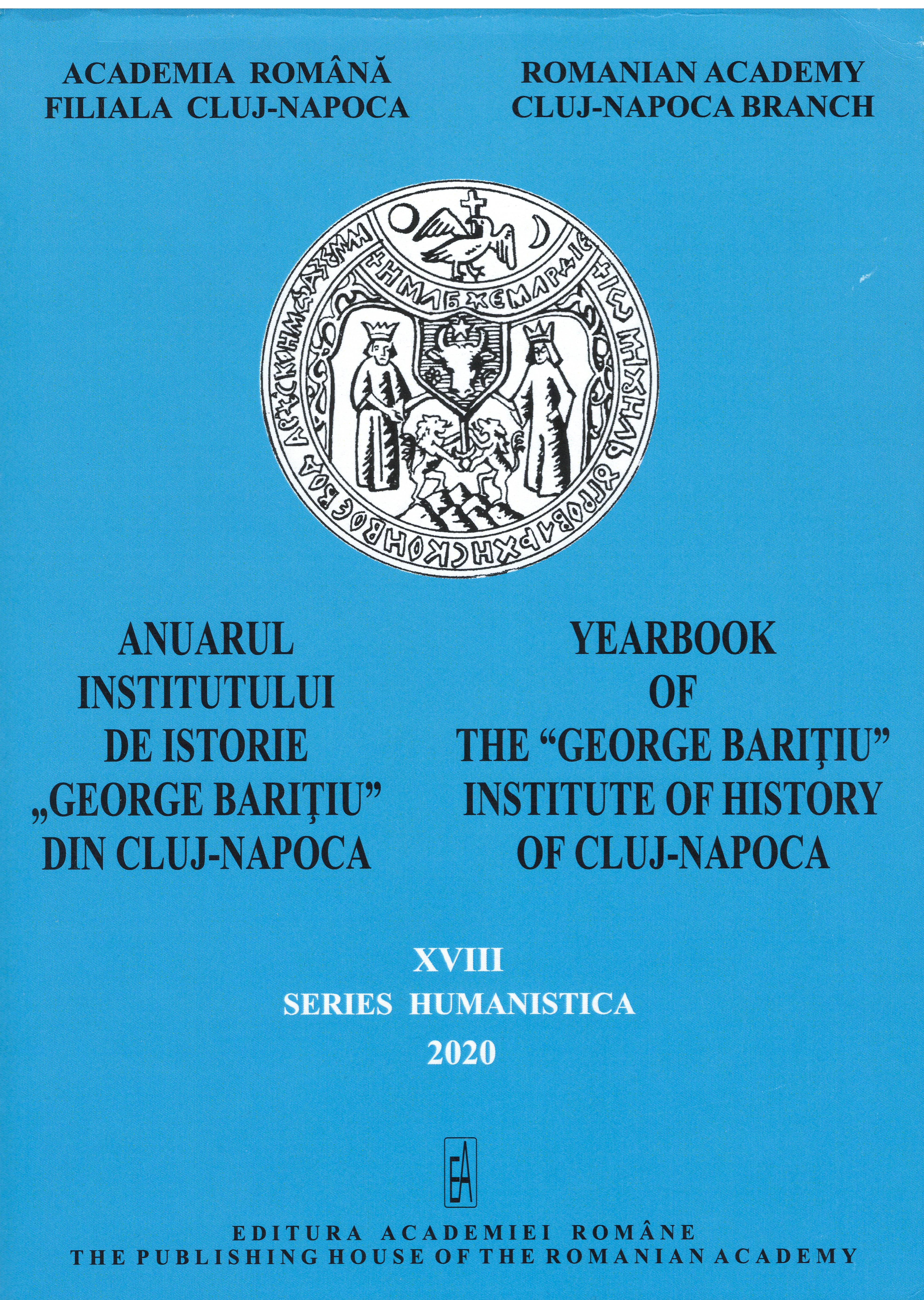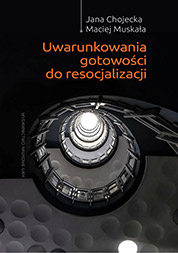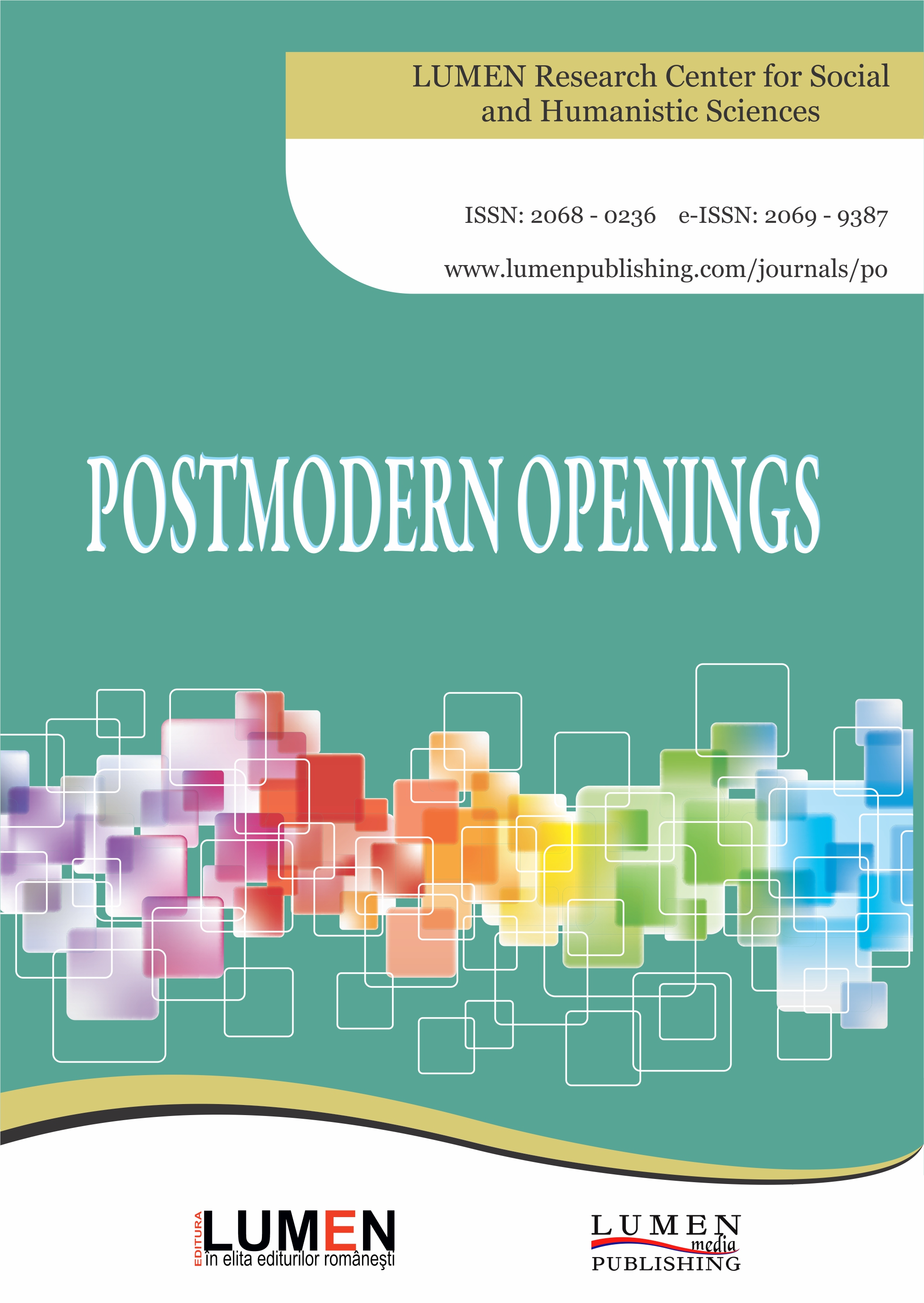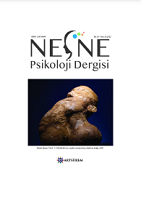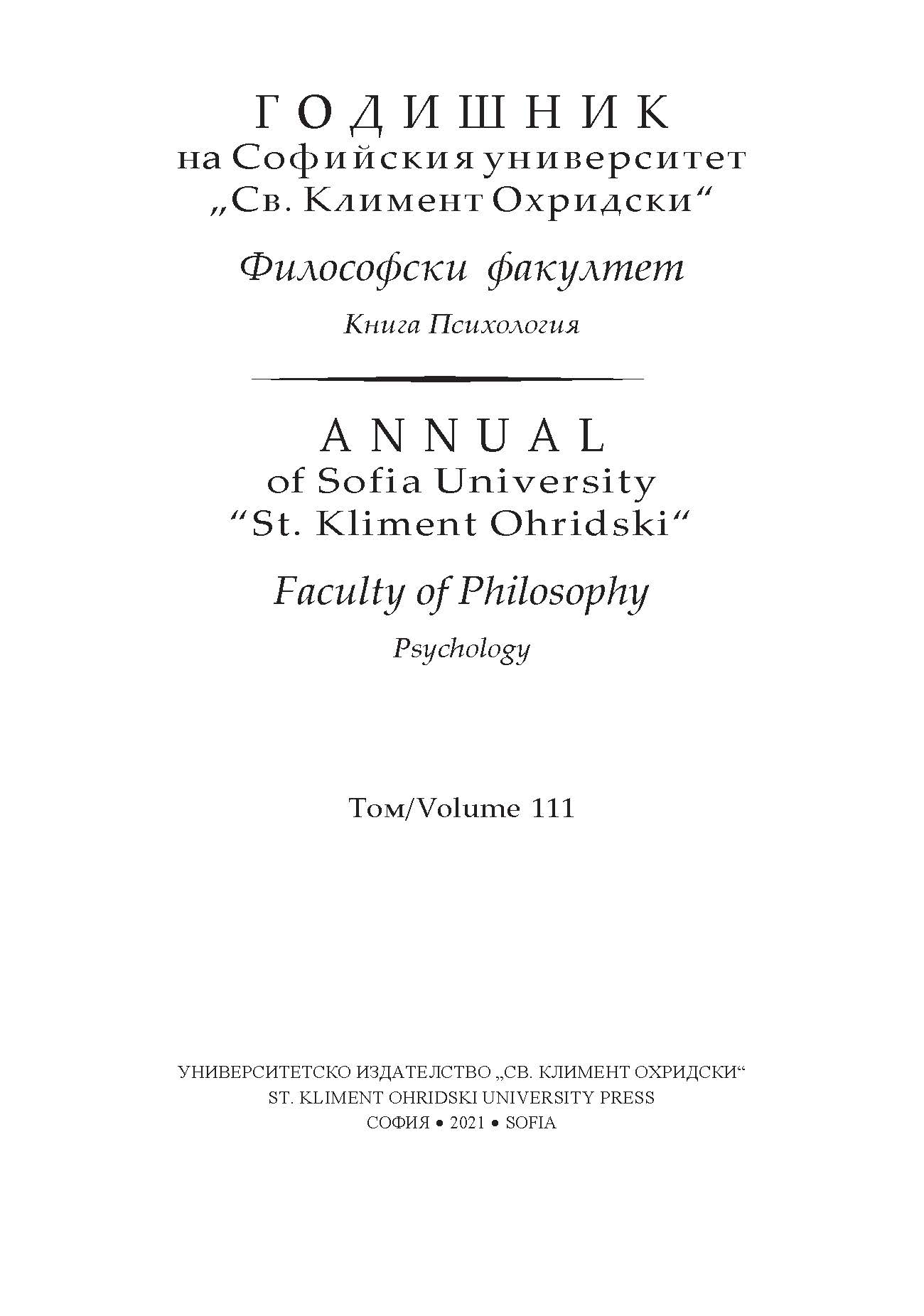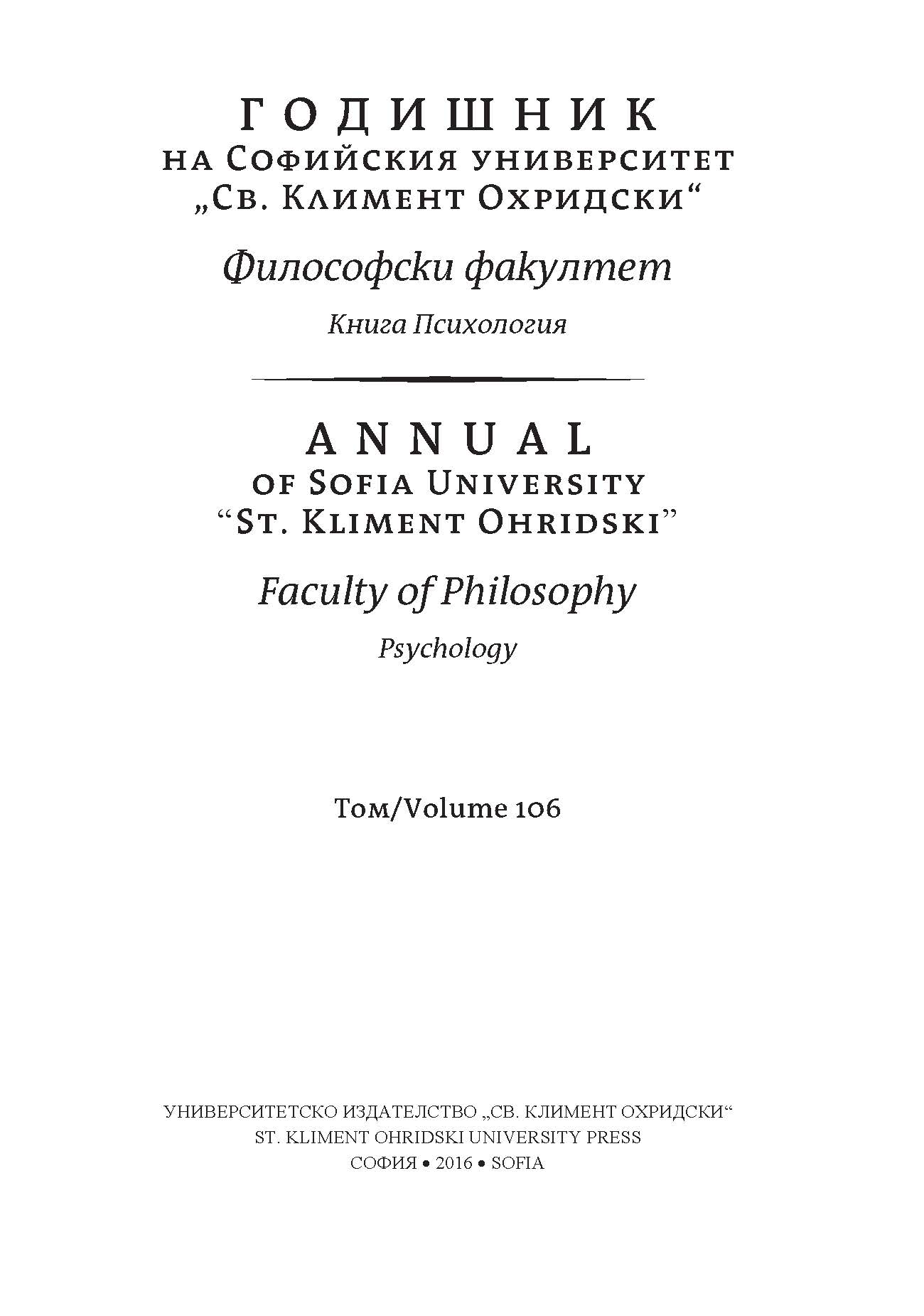PRIKAZI
Author(s): Ivana Katarinčić,Jadran Kale,Bruno Beljak,Leopold Rupnik,Marijana Ivić,Tomislav Augustinčić,Ljubica Anđelković Džambić,Tamara Baraba,Jana Blažanović,Marijana Jurišić,Mario Kovač,Antonija Zaradija Kiš,Mirela Holy,Martina Novosel,Branislava Vičar,Goran Đurđević,Martina Jurišić,Janja Kovač,Ozren Biti,Josip Ralašić,Deniver Vukelić,Maša Grdešić,Nives Rittig-Beljak / Language(s): Croatian
/ Issue: 1/2018
Review of:
Nives Rittig-Beljak - Jelena Ivanišević, Od kuharice do književnosti. Ogledi o kulinarskoj prozi, Institut za etnologiju i folkloristiku, Zagreb 2017., 200 str.
Maša Grdešić - Divna Zečević, Život kao voda hlapi. Izbor iz dnevnika 1961–2016., ur. Marija Ott Franolić, Disput, Zagreb 2017., 648 str.
Deniver Vukelić - Radoslav Katičić, Naša stara vjera. Tragovima svetih pjesama naše pretkršćanske starine, Ibis grafika, Matica hrvatska, Zagreb 2017., 236 str.
Jadran Kale - Military Pilgrimage and Battlefield Tourism. Commemorating the
Dead, ur. John Eade i Mario Katić, Routledge, London, New York 2018., 164 str.
Josip Ralašić - Biblioteka Ucrainiana Croatica, Katedra za ukrajinski jezik i književnost Filozofskog fakulteta Sveučilišta u Zagrebu
Ozren Biti - Države praznujejo. Državni prazniki in skupnosti na območju bivše
Jugoslavije, ur. Božidar Jezernik i Ingrid Slavec Gradišnik, Univerza v Ljubljani, Filozofska fakulteta, Ljubljana 2017., 316 str.
Janja Kovač - Ivan Čolović, Smrt na Kosovu polju, Biblioteka XX vek, Beograd 2016.,
506 str.
Martina Jurišić - Epic Formula. A Balkan Perspective, ur. Mirjana Detelić i Lidija Delić, Institut za balkanske studije, Srpska akademija znanosti i umjetnosti, Beograd 2015., 254 str.
Goran Đurđević - Drago Roksandić i Vlatka Filipčić Maligec, Kultura hrvatskog
antifašizma, Zagrebačka naklada, Filozofski fakultet Sveučilišta u Zagrebu, Zagreb 2016., 304 str.
Branislava Vičar - Jožica Čeh Steger, Ekokritika in literarne upodobitve narave, Založba Litera, Maribor 2015. 349 str.
Martina Novosel - Dunja Knebl, 33 balade , Geenger Records & Zvuk Močvare, 2017.
Antonija Zaradija Kiš - Vanda Babić, Kulturalno pamćenje. Ogledi o hrvatskoj kulturi i književnosti Boke, Hrvatsko nacionalno vijeće Crne Gore, Tivat 2016., 343 str.
Mirela Holy - Pitirim Sorokin, Društvena i kulturna dinamika. Studija promjena u velikim sustavima umjetnosti, istine, etike, prava i društvenih odnosa, Jesenski i
Turk, Zagreb 2016., 853 str.
Antonija Zaradija Kiš - Smiljana Šunde, Lipa tica slabo piva (don Mihovil Pavlinović u podgorskim anegdotama), Naklada Bošković, Zagreb 2017., 100 str.
Mario Kovač - Krležin EU/ropski furiosum, ur. Bojan Koštić i Suzana Marjanić, Udruga za promicanje izvedbenih umjetnosti i kulture “Pod galgama”, Koprivnica
2016., 272 str.
Martina Jurišić - Marie-Louise von Franz, Senka i zlo u bajkama, Fedon, Beograd 2012., 369 str.
Jana Blažanović - Eckehard Pistrick, Performing Nostalgia. Migration Culture and Creativity in South Albania, Ashgate, Farnham, Burlington 2015., XVII + 248 str.
Tamara Baraba - Rock’n’Roll, knj. 2, ur. Dragan Bošković i Časlav Nikolić, Srpski jezik, književnost, umetnost: zbornik radova s 10. međunarodnog naučnog skupa
održanog na filološko-umetničkom fakultetu u Kragujevcu (23.–25. 10. 2015.), Filološko-umetnički fakultet u Kragujevcu, Kragujevac 2016., 656 str.
Ljubica Anđelković Džambić - Darko Lukić, Uvod u primijenjeno kazalište. Čije je kazalište?, Leykam international, Zagreb 2016., 328 str.
Ljubica Anđelković Džambić - Mario Kovač, Udahnuti svjetla pozornice. Metodologija kazališnog rada sa slijepim i slabovidnim osobama, Hrvatski centar ITI, Zagreb 2016., 208 str.
Tomislav Augustinčić - Mirna Tkalčić Simetić, Hrelić. Antropologija prijepornog mjesta, Hrvatsko etnološko društvo, Zagreb 2015., 112 str.
Marijana Ivić - Morana Čale, O duši i tijelu teksta. Polić Kamov, Krleža, Marinković, Disput, Zagreb 2016., 310 str.
Marijana Ivić - Tijelo u hrvatskome jeziku, književnosti i kulturi, Zbornik radova 45. seminara Zagrebačke slavističke škole, ur. Ivana Brković i Tatjana Pišković, FF press Filozofski fakultet, Zagrebačka slavistička škola, Zagreb 2017., 224 str.
Leopold Rupnik - Treća. Časopis Centra za ženske studije, gl. ur. Nataša Govedić, 8/1–2, Centar za ženske studije, Zagreb 2016., 128 str
Bruno Beljak - Matthew Cole i Kate Stewart, Our Children and Other Animals. The
Cultural Construction of Human- Animal Relations in Childhood, Routledge, London, New York 2014., 195 str.
Jadran Kale - Kako živi narod. Izvještaj o pasivnosti, izložba Kristine Leko u Muzeju Grada Šibenika 12. listopada – 12. studenoga 2017.
Ivana Katarinčić - Kretanja. Časopis za plesnu umjetnost, br. 27, ur. Maja Đurinović
i Željka Turčinović, Hrvatski centar ITI, Zagreb 2017., 95 str.
More...
![Somaesthetics and "The Second Sex”: A Pragmatist Reading of a Feminist Classic [trans. Wojciech Małecki]](/api/image/getissuecoverimage?id=picture_2008_319.jpg)

